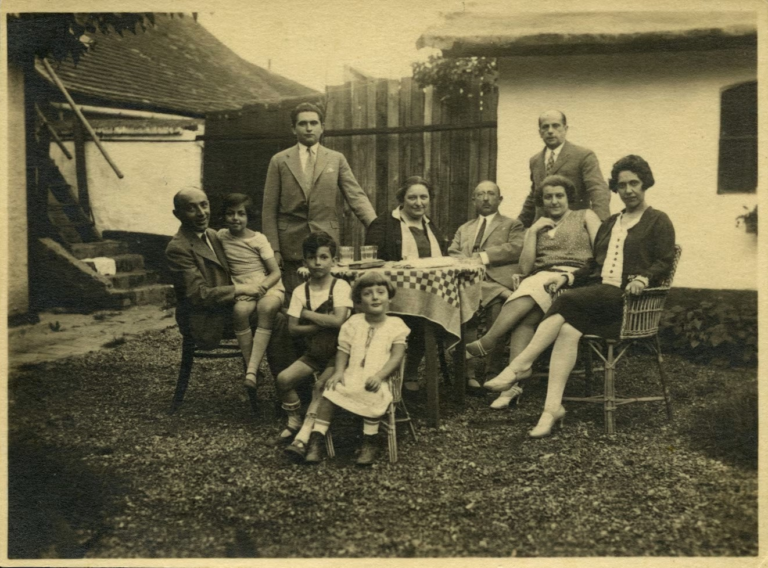The influence of great history on the fate of Jews in the Shoah on the example of Miroslav
Wednesday 9 October at 6 pm
For the Jews in the South Moravian border region, the war began in the autumn of 1938, when, after the German Reich seized the border region, they lost their homes, their positions and their property in a short time. Most of them fled to the interior, especially to Brno and Prague, where an uncertain future awaited them. This was usually fulfilled in the form of later transports. Among the refugees were also Jews from Miroslav, which was one of the traditional 52 Jewish communities in Moravia. In the middle of the 19th century, over 800 people formed the local Jewish community. Until 1924 it was an independent political community. Before the outbreak of World War II, the number of Miroslav Jews was less than 300, half of whom lived outside the original ghetto. At this time, Jews were a solid part of Miroslav's colourful image, which consisted of the Czech and German languages and the Catholic, Evangelical and Jewish religions. The Jews of Miroslav were not only merchants, but also farmers, doctors and teachers. Several families owned local businesses and were among the major employers. When we examine in detail the fate of individual families in Miroslav during the Shoah, we discover how surprisingly diverse they were. Through specific stories, we can document the situations to which the Nazi persecution exposed its victims and how these victims reacted to them. The programme was prepared by Aleš Bednařík, who has lived in Miroslav since 1999. Since then, he has been privately researching the fate of Miroslav's Shoah victims with varying intensity. He is employed in the field of information technology. He studied computer science and sociology at Charles University in Prague. He will be debated by historian Táňa Klementová. Admission is voluntary.

source: Yad Vashem/Collections/Photos/Misslitz, Czechoslovakia, family photograph next to the Donath family house, 1928/Carmit Sagie Collection/10469/10
